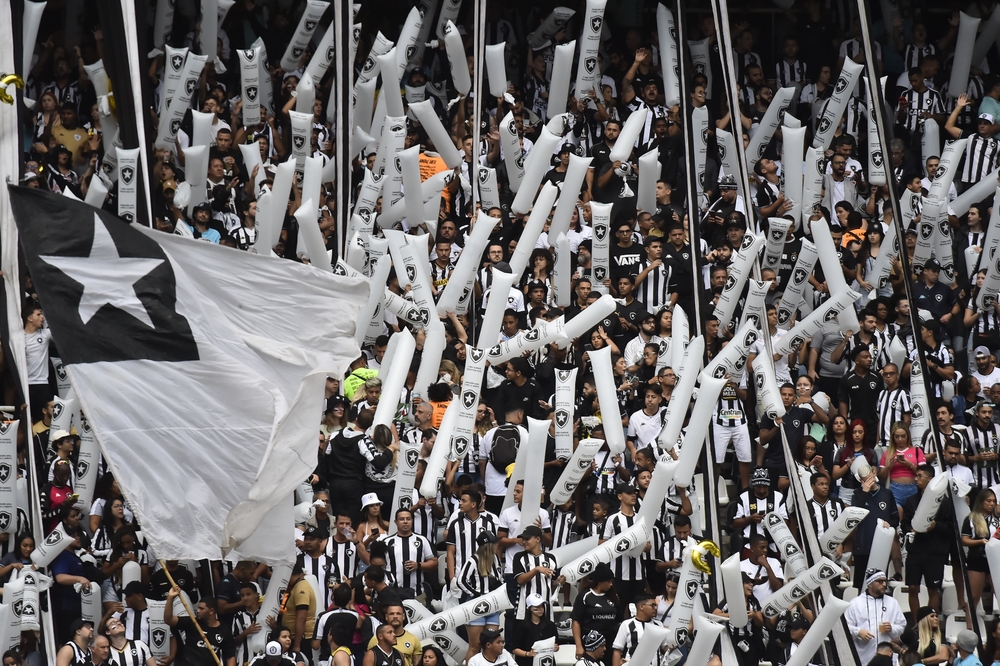A group of 25 football clubs from Brazil’s top two divisions has created the Liga Forte Futebol do Brasil, an association that seeks sufficient support to organize a club-run national football championship by 2025.
Among the major clubs involved in this new group are Atlético-MG, from Belo Horizonte, Fluminense, from Rio de Janeiro, and Internacional, from Porto Alegre.
A selection of seven of Brazil’s biggest teams had already formed the Brazilian Football League (Libra), and the hope is that the two organizations can reach a consensus to take control of the country’s national football competition, currently under the auspices of Brazilian football confederation CBF.
The disagreement between the two factions concerns how broadcasting money should be split between participant teams.
Forte Futebol proposes that 50 percent be shared equally among clubs, with 25 percent distributed in accordance with league performance, and the remaining 25 percent allocated based on “engagement” — a metric that involves overall attendance, subscribers on streaming platforms, and the size of the fan base in question.
Libra, meanwhile, is pushing for a 40-30-30 split — offering more money to the most successful and popular clubs.
On several occasions, Brazilian football clubs have hoped to have their “Premier League moment,” referring to the decision of English football clubs to organize their own national championship in the early 1990s, outside the control of the country’s football association.
These attempts have often fallen flat, either due to the political strength of the CBF or the clubs’ own crippling debts to the federal government.
This latest push, however, appears to be more credible. The CBF is mired in scandal and has lost much of its former prestige among clubs.
Meanwhile, new legislation has allowed Brazilian teams to be transformed into private companies, which could be the end of the traditional members’ club business model that still pervades the national game.
For many clubs, the idea of going private would be a way to get rid of their insurmountable debts, ridding them of the yoke of the CBF.


 Search
Search






































